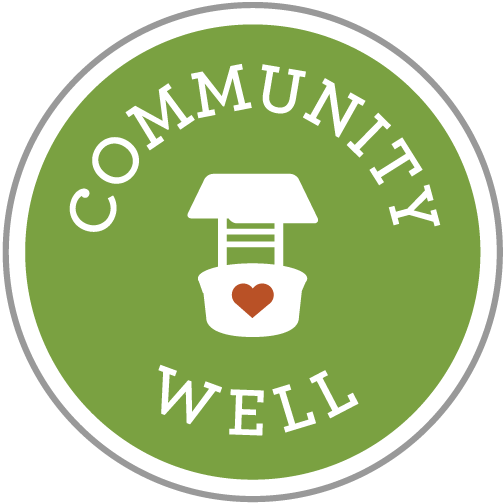Can We Go to the Zoo?
/By Troy Flint
“Daddy, can we go to the zoo, today?”
“Not today, baby. The zoo isn’t open. It’s closed because of the sickness, remember?
We have this conversation every few days. O is four-years-old and “the sickness”, as we call it, is probably the first major global event she’ll remember years from now. It’s also the first time she’s really been forced to contemplate the interconnectedness of people’s lives and how our actions can impact others. I suppose that’s a tiny silver living of a pandemic that has upended society and taken so many lives. Yet, even the concept of a silver lining sounds blasphemous right about now. I suppose I’m casting about for hope because you can’t find any real consolation in a tragedy of this scale, especially when so many have suffered and died needlessly.
We’ve been fortunate in that aspect. (I’m almost afraid to type this) To this point, we have avoided the scourge of COVID-19. The impact on our lives has mostly been measured in anxiety, the drone of the Governor’s daily press conferences, horror at the mounting death tolls, and halting attempts to carve out a new routine that doesn’t entirely stifle the kids.
The last part has been tough. My wife and I are incredibly fortunate that we’ve both been able to work during the shutdown. My job advocating for schools basically revolves around a laptop and a phone. I’m busier than ever trying to support schools that are struggling to cope with closures and distance learning, but it’s a cushy situation compared to the tens of millions who are out of work or have lost hours. I lost the ergonomic set up in the office and have to deal with the occasional naked Zoom bombing from one of my kids (apologies to all those my recent webinars).
My wife, Lindsay, is an esthetician and lost most of her income once she was no longer allowed to take clients. Fortunately, she has an entrepreneurial nature. She had started Lilac + Flint, a line of (awesome) skincare products before the sickness, and has focused her attention on growing the wholesale and retail side of her business. It’s extremely time-consuming and not the easiest trick to pull off while having a one-year-old and a four-year-old clamoring for attention all day. They don’t grasp why Mommy and Daddy are home all day but not playing with them – and only half paying attention much of the time. It’s a good problem to have (from an employment perspective) but trying for young minds absorbing a lot of change.
The little one rolls with the punches, but it’s been almost five months since O saw her friends at preschool or almost anyone outside of our immediate family. O displays the resiliency that is typical of children, but the lack of social interaction is taking its toll. Conduct and attitude are, shall we say, sub-optimal? Mama and I are calling on our deepest reserves of patience. We have to remind ourselves that her life has been turned upside down with really no explanation (or at least one that will fully register with a toddler). Given this, she has been remarkably adaptive.
One moment of sunshine came a couple of months ago when O’s “sister” (actually her best friend) had her fourth birthday. O and Lindsay bought a number of gifts and then, all masked and gloved up, decorated the front porch. O and her best friend couldn’t hug each other – and they are BIG huggers – but they could at least see each other for the first time in months and be in each other’s presence, even if there was a wall of sorts between them.
Those moments are fleeting and it’s much more common for Ophelia to spend her time making Valentine’s Day cards for friends both real and imagined or pining for a time when we can go to the zoo again. I can’t wait for that day. As an introvert, I’ve been unknowingly preparing for the quarantine my whole life. My daughter hasn’t and the thought that her irrepressible personality is being suffocated even a little bit is hard to bear. Still, I hope she remembers this time when the family was all we had and when we learned to re-appreciate our friends and our connection to the furthest corners of the world. If society as a whole takes that same lesson from the pandemic, we’ll all be much better off.

